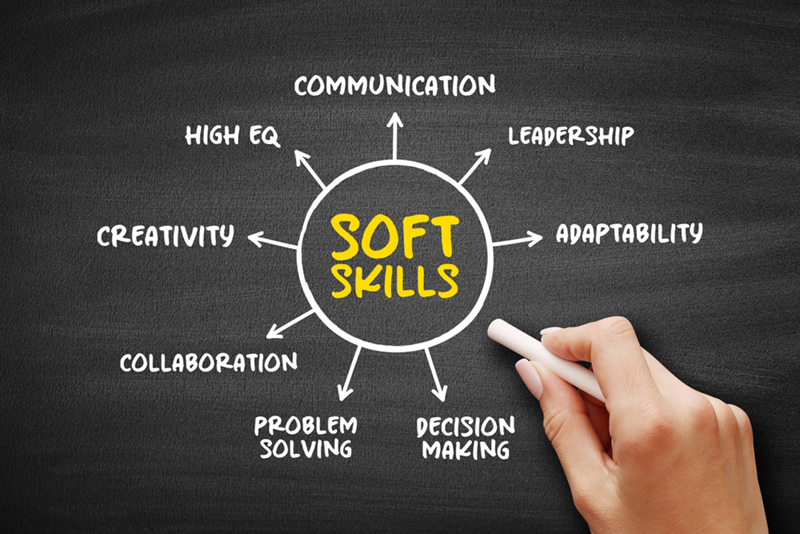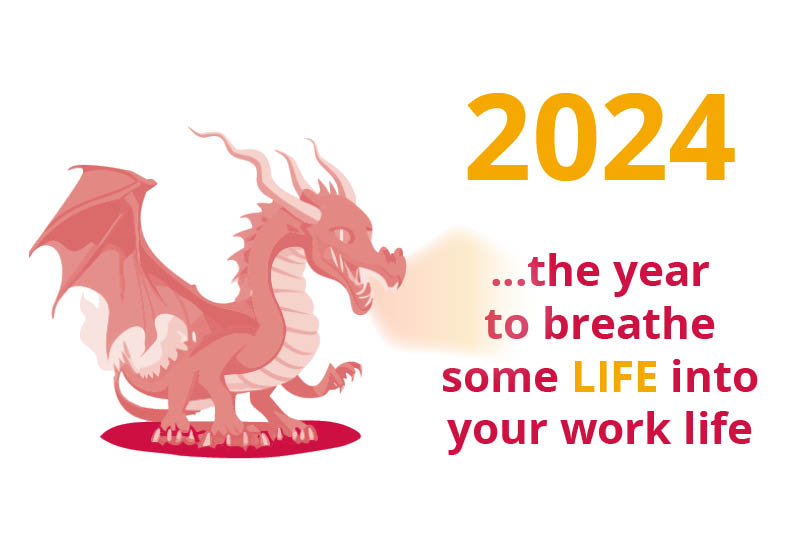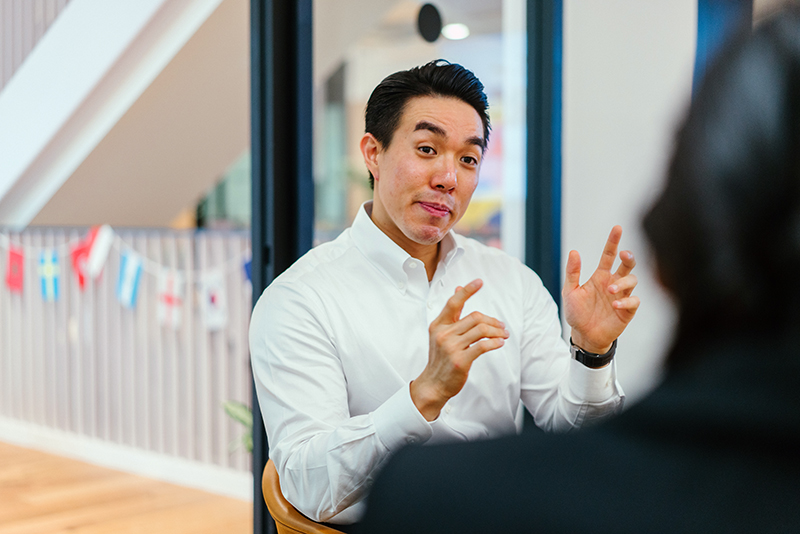Benefits of practicing gratitude and 5 ideas how to incorporate in your daily life
17th November 2021
All articles Candidate articles Client articles

One easy way to boost for people to boost their mood is to focus on what they have to be thankful for rather than anything they ‘lack’ in their life.
You don’t have to practice yoga, meditation or follow any particular sort of beliefs to enjoy the benefits from practicing being grateful every day. It simply takes a bit of knowledge on the subject and a commitment to practicing it; including setting up reminders that will help you actually do it.
This article explores the practice of gratitude, why it is a hot topic for better mental health and how you might be able to incorporate it as a conscious activity in your daily life. This spotlight on gratitude follows on from our original article about ways to build self-esteem.
What is gratitude and why is it important?
Gratitude is a feeling of appreciation and positivity towards everything that comes to you. It works on the basis that life doesn’t happen to you, but rather ‘for you’. Meaning that even the ‘less pleasant’ experiences that come your way have contributed to your development as a human being (e.g. in the form of lessons learnt, deeper understanding, seeing things from a different perspective and so on).
Practicing gratitude involves taking the time to give thanks – it may be expressed verbally, written in a journal or silently with your own thoughts. Psychologists believe that everyone can benefit from doing this, even in times of challenge or change. From research undertaken on ‘positive psychology’, it is understood that the benefits lie in the positive neurological impacts associated with focusing on the good in life, rather than repairing the bad. Outcomes can include people becoming more agreeable, more open, less neurotic and deepening relationships, increasing happiness, and improving self-control. It is also considered helpful for addressing the complex condition of depression.
Fundamentally, the simple action of injecting more positivity into your life through practicing gratitude can give you a more optimistic outlook on life and ultimately improve self-esteem. It is considered a character strength to possess gratitude and therefore is something worth developing.
Acknowledgement and awareness are important steps in being grateful
Most people associate being grateful with simply offering thanks when someone performs a kind gesture or gives a gift, however there is an important stage that comes before actually giving thanks. First, you need to acknowledge the goodness and be aware that the source of that lies outside yourself – another person, an animal, the world… Has someone else/something made a sacrifice so that you can be happy? With this acknowledgement and awareness, you can move on to applying the method of expressing gratitude that best fits the circumstance.
5 ideas for how you could incorporate gratitude in your daily life
After affirming the good that we have received and acknowledging the role that other people (or things) play in providing those good things as mentioned above, here are some ways to practice gratitude daily:
- SAY THANKS MORE OFTEN – face to face, over the phone, Zoom, voice message, there are plenty of options that won’t take a lot of time or effort
- WRITE AND GIVE A NOTE of thanks…give it to the person that has shown kindness – it could be a card, an email, text, or letter
- WRITE FOR YOURSELF – this would particularly be appropriate if you cannot give a note to someone (if they have passed away or not are present, if the thing you are grateful towards is not human). You could write a letter or short note, however if you commit to doing this daily, a gratitude journal to keep everything in one place is a great idea
- SAY THANKS WITH OTHERS – this could be at the dinner table through a ritual such as saying grace or establishing the practice of each person saying one or two things that they were grateful for during their day…or even just something they feel positive about is a great start!
- BEDTIME GRATITUDE – if you have kids, night-time is an ideal time to reflect on the day and talk about all the things that happened. Even if there have been challenges, it is an opportunity to focus on the positive side such as learnings and how it will help them approach things differently in future. Embedding this practice will allow them to accept life’s ups and downs as a normal part of the human experience and develop a growth mind-set. Adults can use this reflection time when they go to bed to think about the things they are grateful for and maybe even practice this with their partner by taking turns to express gratitude.
These are just some of the many ways ‘gratitude can become your new attitude’, however if you get stuck, remember to come back to the senses as an effective method for becoming mindful about even the smallest things that make life worth living. “The sound of the ocean”, “the smell of fresh linen”, “the smile on their face” are the type of things that people acknowledge in their final days as what it means to be human and feel alive – the sense of touching, smelling, hearing, seeing and tasting.
News tags
All articlesAucklandCandidate articlesChristchurchClient articlesFranchiseUncategorised
Recent news
Crafting a standout CV – 10 tips for landing your ideal job
22nd April 2024
Another permanent placement!
28th March 2024
Leave a review for us
25th March 2024
Is 2024 time for a new job?...how to get started
19th November 2023
Another temp to perm placement!
25th October 2023
Could you be our next process worker?
12th September 2023
Health & safety in the workplace is a key part of wellbeing
9th August 2023









